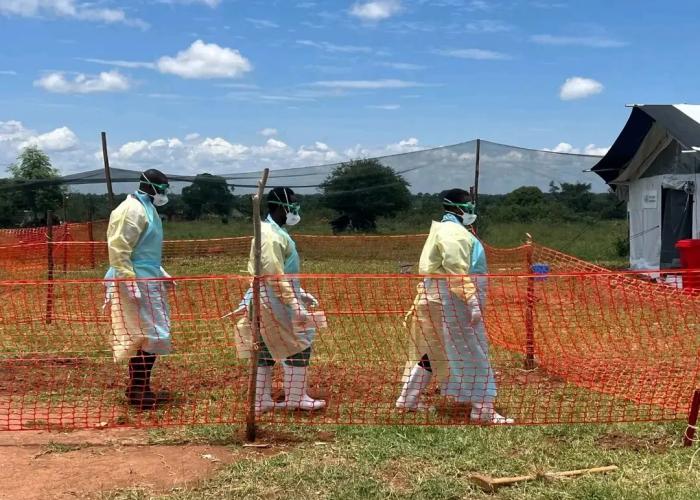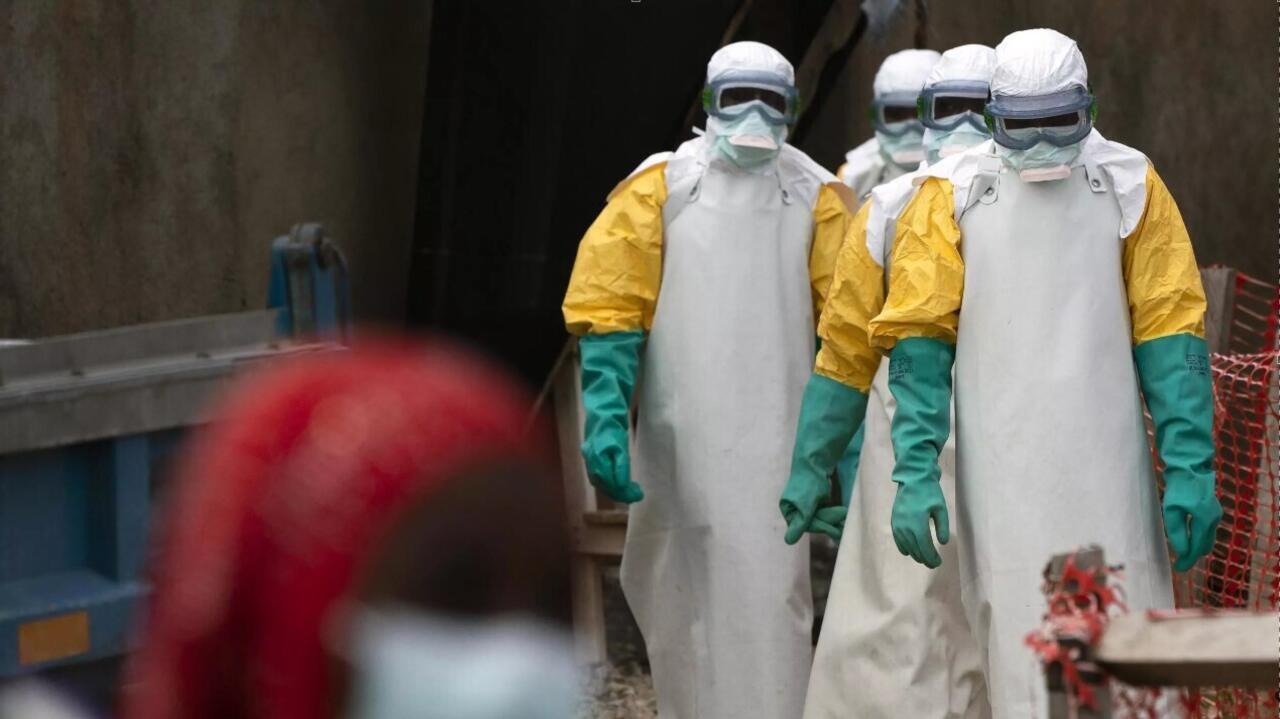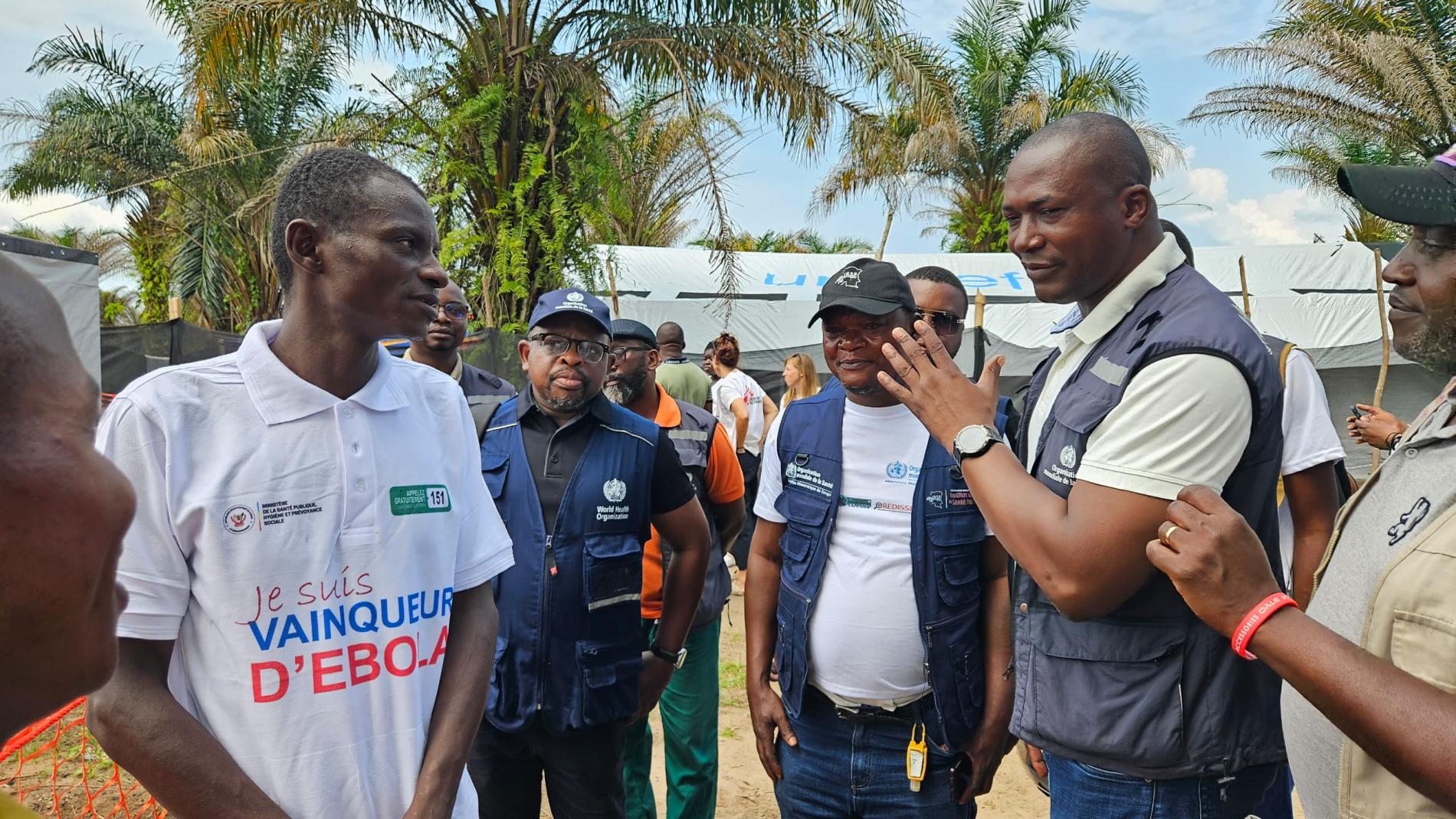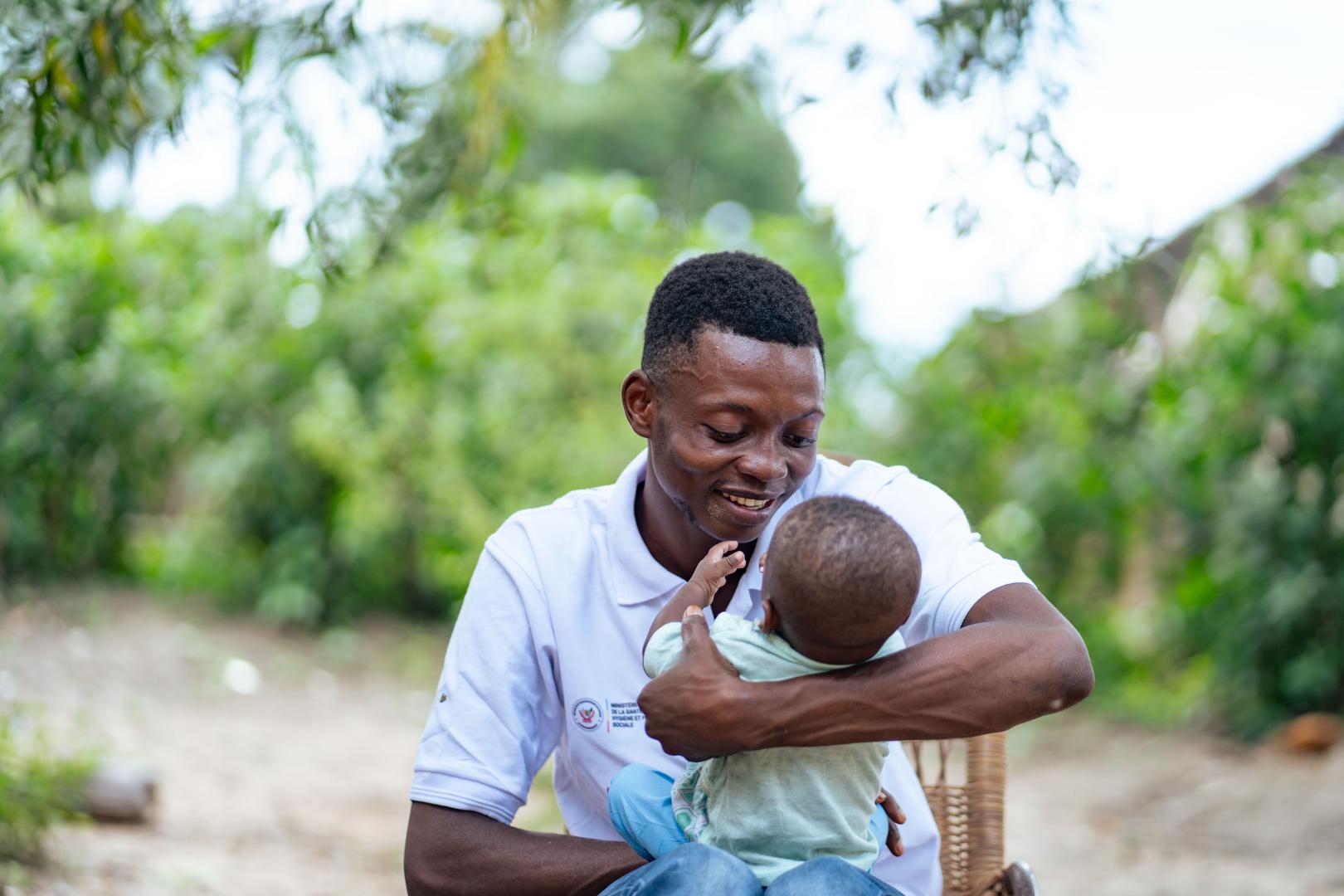Translation Google
Teachers demand Ebola vaccination in Mweka
Published on Wed, 08/10/2025 - 15:04 | Modified on Wed, 08/10/2025 - 15:04
The National Federation of Teachers and Social Educators of Congo (FENECO), Kasai branch, launched an urgent appeal on Tuesday, October 7, to the Government to extend vaccination against the Ebola virus to teachers, students and educational staff in the Mweka territory, where an outbreak of the disease has been reported.
Now that classes have resumed, FENECO fears a rapid spread of the virus in schools and is calling for greater inclusion of teachers and students in the response strategy.
Growing concern in schools
In a statement released Tuesday, FENECO provincial president Félicien Lobo Muamba denounced the exclusion of teachers and students from the ongoing vaccination program, which is currently reserved solely for healthcare workers and those identified as at-risk.
"It is urgent that the government provide vaccines to this educational population. Teachers and students must be protected, as they are on the front line with the resumption of classes," he insisted.
He also calls for the involvement of unions in response meetings, believing that their contribution can strengthen awareness and protection in schools.
Response from health authorities
Contacted by Radio Okapi, Dr. Dieudonné Muamba, Director General of the National Institute of Public Health (INSP), clarified that the current vaccination strategy remains targeted:
"For the moment, only patients, contacts, and caregivers are eligible for vaccination. But we recognize the important role of teachers and encourage the union to contact the head doctor of the area or the PEV [Expanded Program on Vaccination] branch for better collaboration."
FENECO calls for swift and inclusive action, believing that any negligence could have dramatic consequences for the already vulnerable Mweka school community.
Teachers demand Ebola vaccination in Mweka
Published on Wed, 08/10/2025 - 15:04 | Modified on Wed, 08/10/2025 - 15:04
The National Federation of Teachers and Social Educators of Congo (FENECO), Kasai branch, launched an urgent appeal on Tuesday, October 7, to the Government to extend vaccination against the Ebola virus to teachers, students and educational staff in the Mweka territory, where an outbreak of the disease has been reported.
Now that classes have resumed, FENECO fears a rapid spread of the virus in schools and is calling for greater inclusion of teachers and students in the response strategy.
Growing concern in schools
In a statement released Tuesday, FENECO provincial president Félicien Lobo Muamba denounced the exclusion of teachers and students from the ongoing vaccination program, which is currently reserved solely for healthcare workers and those identified as at-risk.
"It is urgent that the government provide vaccines to this educational population. Teachers and students must be protected, as they are on the front line with the resumption of classes," he insisted.
He also calls for the involvement of unions in response meetings, believing that their contribution can strengthen awareness and protection in schools.
Response from health authorities
Contacted by Radio Okapi, Dr. Dieudonné Muamba, Director General of the National Institute of Public Health (INSP), clarified that the current vaccination strategy remains targeted:
"For the moment, only patients, contacts, and caregivers are eligible for vaccination. But we recognize the important role of teachers and encourage the union to contact the head doctor of the area or the PEV [Expanded Program on Vaccination] branch for better collaboration."
FENECO calls for swift and inclusive action, believing that any negligence could have dramatic consequences for the already vulnerable Mweka school community.







Comment